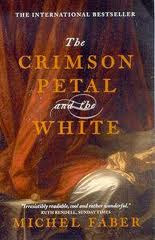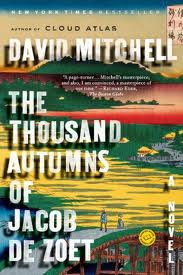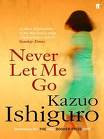
I love a massive Victorian novel, and THE CRIMSON PETAL AND THE WHITE fits the bill, involving as it does a massive cast of characters, a clear morality, neat plot arc, intrigue, mad wives, straving waifs, and a wolloping 894 pages.
It was however written in 2003, and is thus not so much a Victorian novel as an homage to the Victorian novel, and no the worse for that. In fact, it’s quite fun to see how a modern author highlights what is now important to us – the first hesitant introduction of the telephone, for example – in a way that Victorian authors, bogged down in actually having to live in the Victorian age, never do.
The plot centres on a teenage prostitute called Sugar. She is discovered by a wealthy man, William Rackham, by means of a sex directory called More Sprees In London. He sets her up as his mistress, eventually taking her into his home as the governess of his child. As Sugar gets closer and closer to the child, she gets more distant from William, and SPOILER ALERT eventually runs away from his home with the child as a willing accomplice.
There is an interesting focus on the very poor of Victorian London, which serves as a reminder of how very recently England was a third world country. At one point, for example, a carriage crashes, and before the police can come the poor have virtually dismantled it for scrap; which is curious, as almost exactly the same thing happened to me after a fairly exciting car crash in Zimbabwe (Locals: the windy road to Mana – always an experience).
Faber clearly relished the opportunity to write about the blood and guts of the period in a way convention did not allow authors of the time to do. Thus, all the characters seem to spend half their time on the chamber pot, and the other half having anal sex. This peek under the skirts of the nineteenth century lady, fun at first, became a bit tiring after the first few hundred pages. I don’t think I ever wanted to read the word ‘glutinous’ in the same sentence as the word ‘sperm,’ but that Rubicon has unfortunately now been crossed, as has one involving ‘glutinous’ and ‘menstrual blood.’





